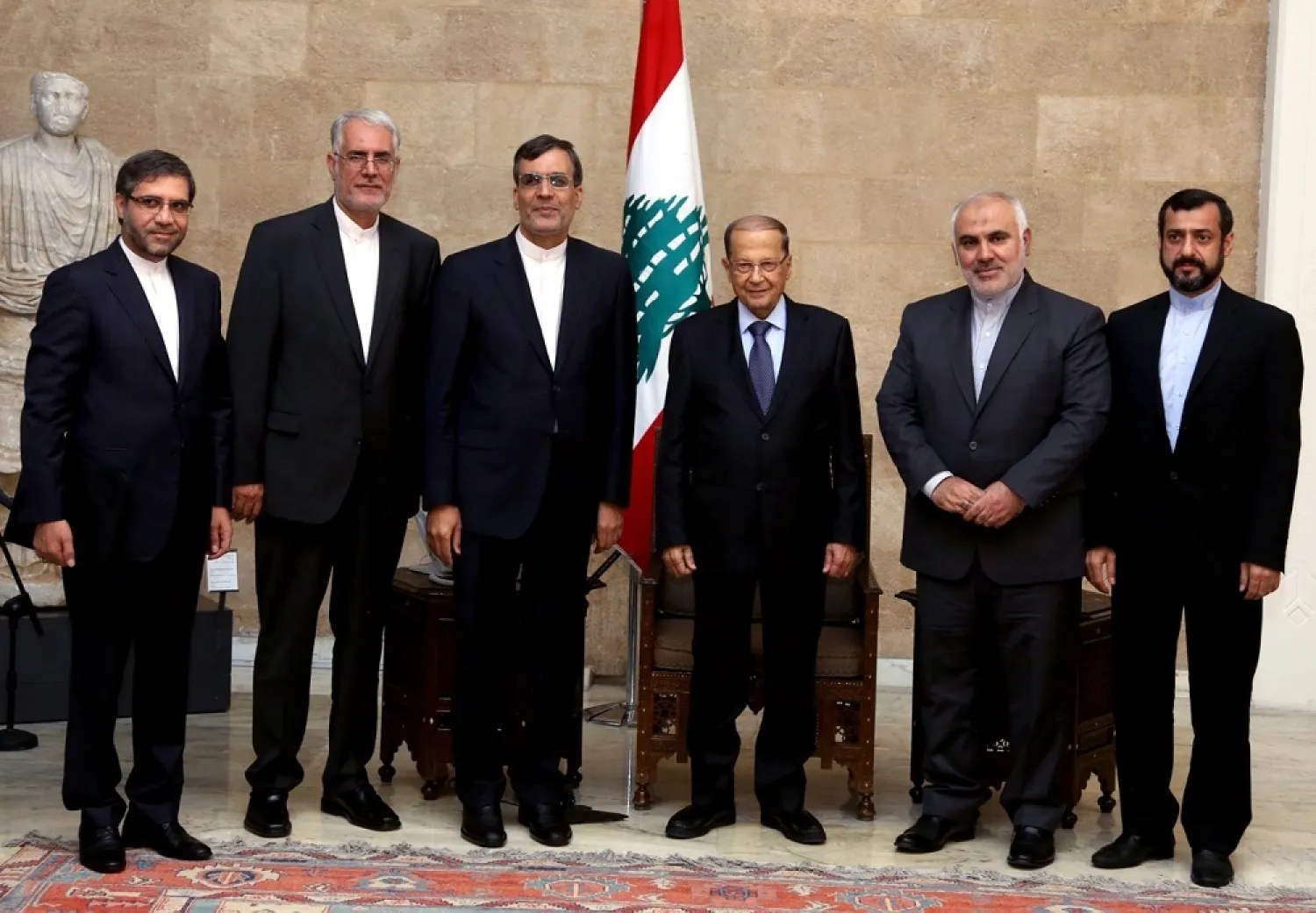Iran’s assistant Foreign Minister for Arab and African affairs Hussein Jaber Ansari reiterated his country’s determination to “consolidate and strengthen bilateral relations and constructive cooperation with Lebanon in various fields,” praising the country’s stance against terrorism.
On Monday, Ansari began an official visit to Lebanon by meeting with President Michel Aoun, Speaker Nabih Berri, Foreign Minister Jebran Bassil and Democratic Gathering MP Walid Jumblat.
During his talks with Aoun at the Baabda presidential palace, in the presence of Iran’s Ambassador to Beirut Mohamed Fath Ali and members of the accompanying delegation, Ansari welcomed Lebanon’s efforts to reach peaceful solutions that would restore security and stability to war-shaken Arab countries. He underlined in this regard the importance of dialogue and negotiations in Astana to end the crisis in Syria.
The Lebanese president told the Iranian official that Beirut’s position was steadfast in terms of non-interference in other countries’ internal affairs, highlighting national support for the army in its war against terrorism.
Aoun commended bilateral relations between his country and Iran, stressing the importance of strengthening them in all fields. He also conveyed his greetings to Iranian President Hassan Rouhani and promised to accept the official invitation to visit Tehran.
The Iranian official delivered to Aoun Rouhani’s greetings and his keenness to develop bilateral cooperation in various economic and trade fields. He also congratulated him on the success of the Lebanese army in expelling armed militants from the eastern borders.
In a separate meeting, Ansari discussed with Berri latest developments in Lebanon and the region.
“Two main tasks were entrusted to the Iranian foreign ministry by President Rouhani for the next stage: the first and fundamental task is to expand relations with Arab countries, and the second is to strengthen economic relations with the countries of the region,” Ansari stated.









